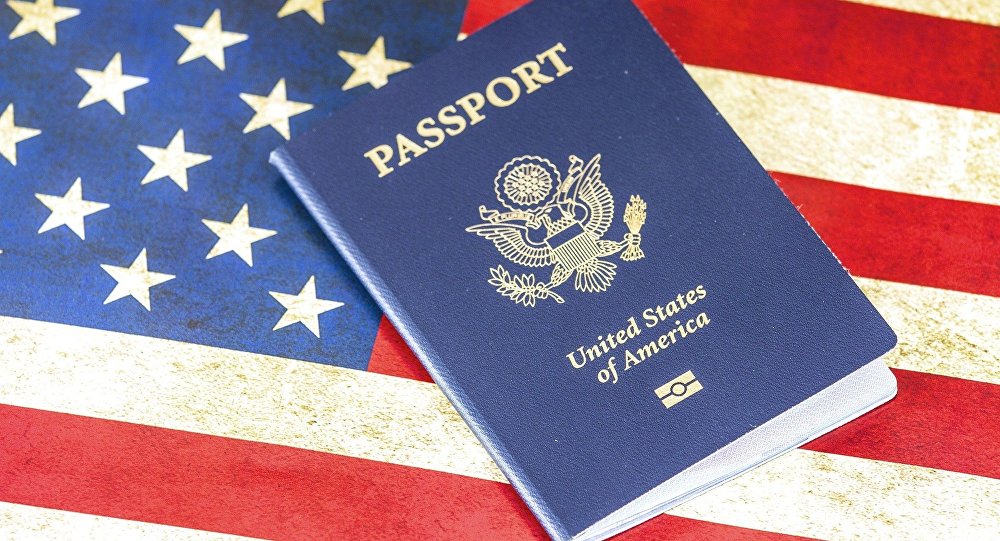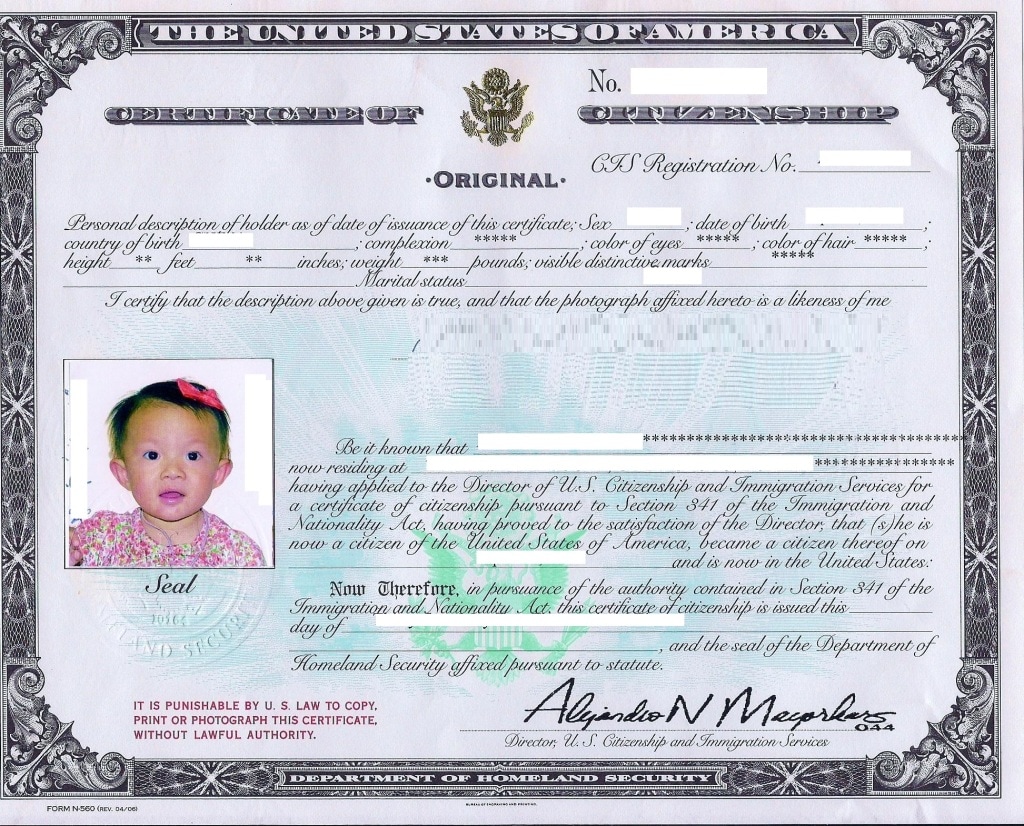A recent USCIS policy memorandum, dated August 15, 2025, focuses on restoring a rigorous, holistic, and comprehensive good moral character (GMC) evaluation standard for applicants seeking naturalization through Form N-400. This memo, titled "Restoring a Good Moral Character Evaluation Standard for Aliens Applying for Naturalization," emphasizes a return to a totality of circumstances approach in assessing GMC under section 101(f) of the INA.
U.S. immigration officers will now take a broader view when judging whether green card holders can become citizens, under new guidance from the Trump administration. The policy, released August 15, directs officers to look beyond criminal records and take into account both positive contributions and conduct that may be lawful but socially suspect.
Under the new policy, USCIS officers are instructed to take a more expansive approach:
What changed: greater emphasis on Positive Contributions of the Applicant
.Applicants may now benefit from factors such as:
- Long-term community involvement
- Caregiving or family responsibilities
- Educational achievements
- Lawful and stable employment history
- Financial responsibility, including paying taxes
- Length of time spent lawfully in the U.S.
What changed: stricter scrutiny of Negative Conduct
USCIS will now consider:
- Technically legal but socially questionable behavior (e.g., repeated traffic offenses, harassment, aggressive solicitation)
- Conditional bars such as multiple DUIs, unlawful voting, or drug offenses
- Any conduct that doesn’t fit with the “typical behavior” of people in a community.
What changed: Focus on Rehabilitation
USCIS is also placing greater weight on evidence of rehabilitation.
Applicants who have engaged in past wrongdoing may still be approved for naturalization if they can show genuine reform, such as:
- Complying with probation
- Paying overdue taxes or child support
- Providing credible letters of community support
- Mentoring others with similar experiences
A Shift Toward Subjective Discretion
The memo gives USCIS officers more discretion to deny citizenship based on a wider range of behaviors, even if those behaviors don’t fall into existing statutory bars.
Naturalization applicants should now expect:
- More thorough background reviews that go beyond criminal records to include civic behavior, financial history, and community reputation.
- Potential delays if USCIS officers require additional documentation to evaluate moral character.
- Greater need to highlight positive contributions, such as volunteer work, caregiving roles, educational achievements, and long-term ties to the U.S.
- Heightened risk of denial for seemingly minor infractions, including traffic violations, social misconduct, or technical noncompliance with local norms, especially if no counterbalancing evidence of rehabilitation or positive character is submitted.
Read more here.












 RSS Feed
RSS Feed